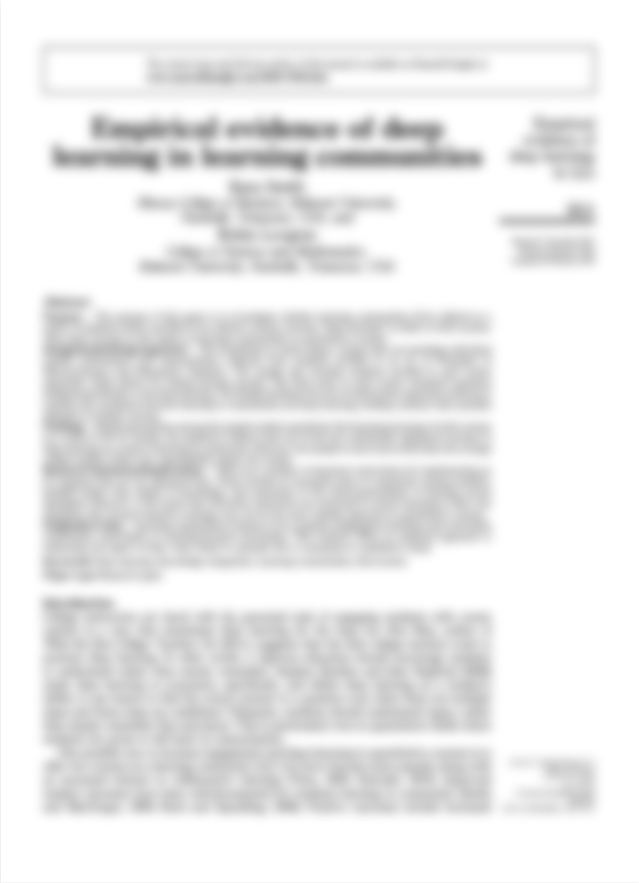- Preview Available
- Scholarly Journal
BECK, S. J., Introduction to the Rorschach method (Book Review)
Jasper, H H.
American Journal of Psychology; Urbana, etc. Vol. 51, (Jan 1, 1938): 606.
We're sorry, there is no preview available.
Try and log in through your library or institution to see if they have access.






